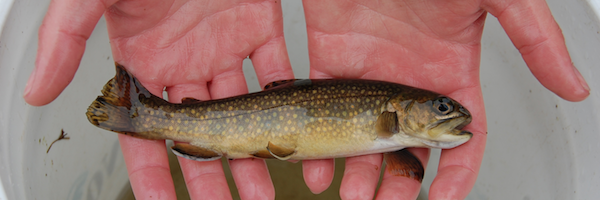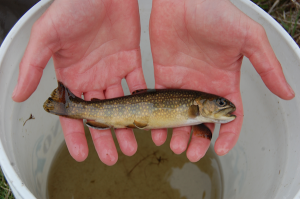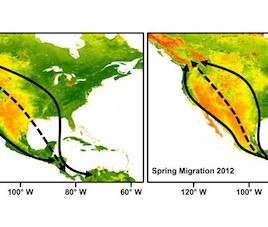Populations of trout living in streams with a small number of breeding adults still have enough genetic variation to be able to adapt to environmental changes according to a new study.
Researchers found that streams with as few as 70 adults had more genetic variation than expected. Such variation provides a greater ability to adapt to environmental changes. The study implies that it will be more difficult for scientists to predict how small animal populations will react to future environmental changes.
The team studied a series of parallel streams in Cape Race, Newfoundland, some of which were no more than 100 m long. The trout populations studied are all genetically diverse but are believed to come from a common ancestor.
Researchers are now working to develop tools that will be help biologists predict which populations will be most resilient in environment fragmented by humans or by natural causes.
Original research paper published in the Proceedings of the Royal Society B: Biological Sciences on July 22, 2014.
Names and affiliations of selected authors



